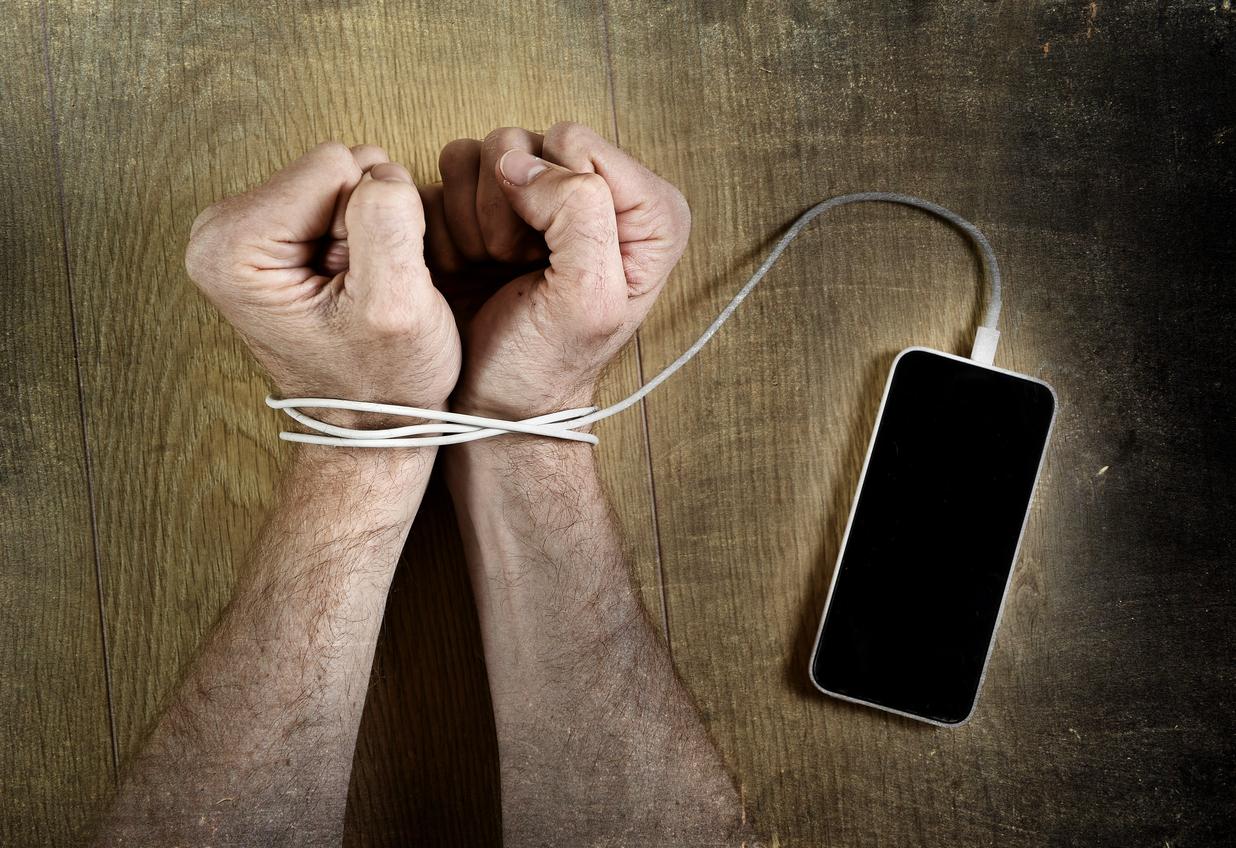How to crack your smartphone addiction in three steps
Obsessed with your mobile? Then take note

Your support helps us to tell the story
From reproductive rights to climate change to Big Tech, The Independent is on the ground when the story is developing. Whether it's investigating the financials of Elon Musk's pro-Trump PAC or producing our latest documentary, 'The A Word', which shines a light on the American women fighting for reproductive rights, we know how important it is to parse out the facts from the messaging.
At such a critical moment in US history, we need reporters on the ground. Your donation allows us to keep sending journalists to speak to both sides of the story.
The Independent is trusted by Americans across the entire political spectrum. And unlike many other quality news outlets, we choose not to lock Americans out of our reporting and analysis with paywalls. We believe quality journalism should be available to everyone, paid for by those who can afford it.
Your support makes all the difference.Could you last a week without your smartphone? How about a day, or even an hour? We’re guessing not but don’t worry, you’re not alone.
Unsurprisingly, a growing number of Brits are becoming more and more fixated with the insatiable pull their phones have on them with the average adult checking theirs an incredible 150 times a day.
But the trouble is, it’s addictive. Likes and shares are said to stimulate dopamine in our brains much in the same way as sex or gambling, and that’s exactly why we keep going back for more.
In fact, over a fifth of people regularly use their phone on the loo while nearly 20 per cent admit to using it while socialising with friends.
If your phone is the first thing you check when you wake up in the morning, or you break out in a sweat when its battery level is low, you could have a smartphone addiction.
And, while it’s not recognised as an official diagnosis – yet – Dr David Greenfield, founder of the Center for Internet and Technology Addiction, says a vast majority of people either show signs of compulsive behaviour or are overusing their mobiles.
“When the behaviour interferes with one of your major spheres of living, with your quality of life or that of others, it’s a problem,” Greenfield told Men’s Health.
“That ease of access offers instant gratification. And the habit isn’t going to go away by itself.”
Luckily, there is something you can do to tackle your addiction and Greenfield says a great place to start is by creating some rules around the device and sticking to them.
He suggests setting yourself rules for when you can and can’t use your phone such as going to a restaurant or taking a break for a few hours each day.
Similarly, Greenfield says it’s important to make a note of when and why you’re checking your phone. This, he says, will make you more aware of the amount of time you’re wasting mindlessly checking things like social media.
Finally, the addiction expert says turning off alters for anything non-essential is an absolute must as well as blocking out times in the day when you can check Facebook. That’s “10 minutes after lunch”. Not “the afternoon”.
Join our commenting forum
Join thought-provoking conversations, follow other Independent readers and see their replies
Comments